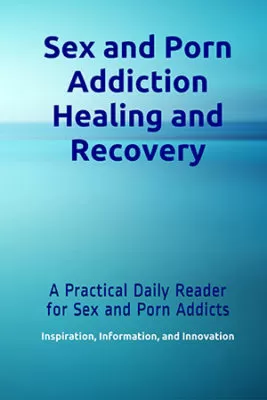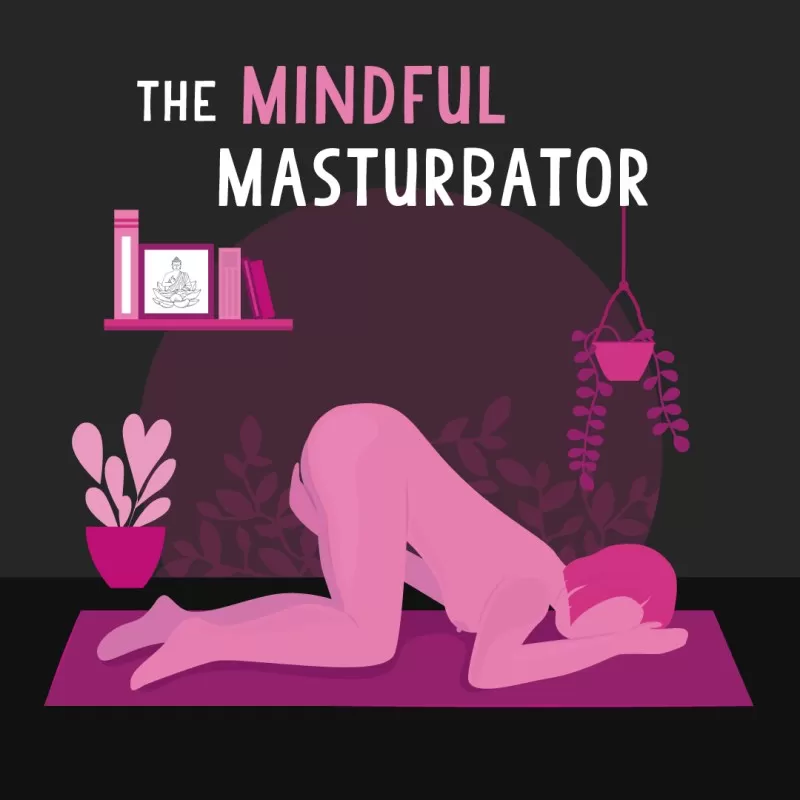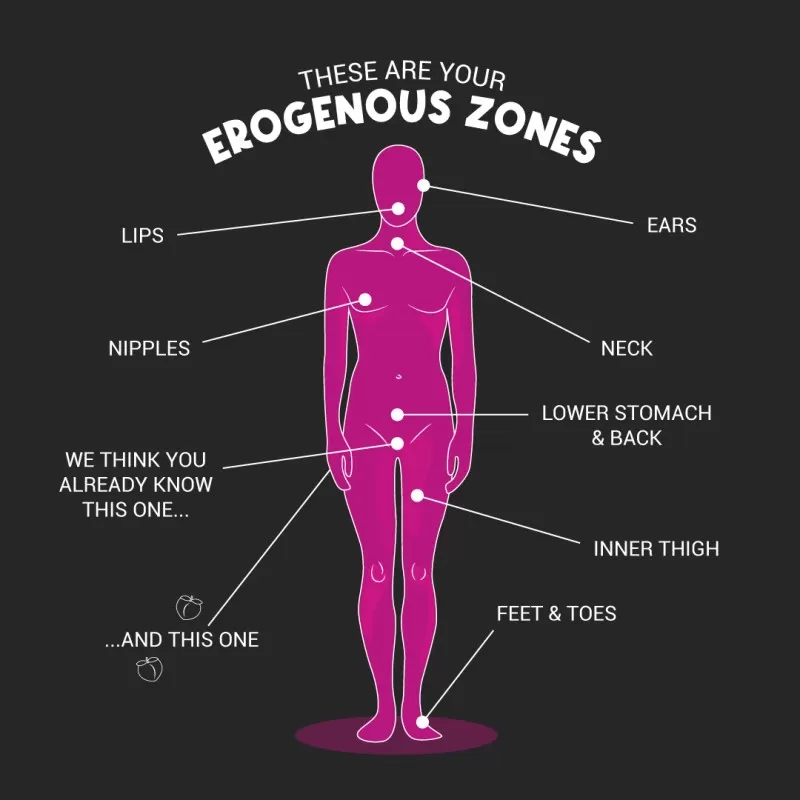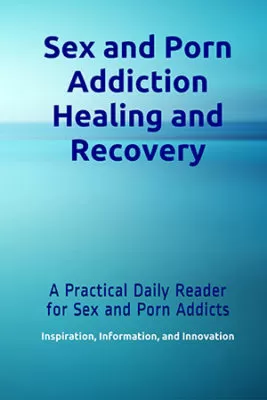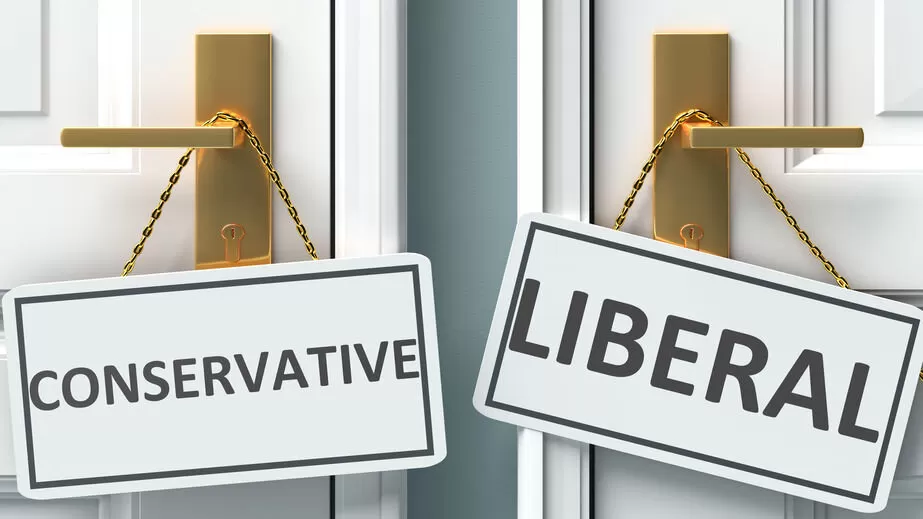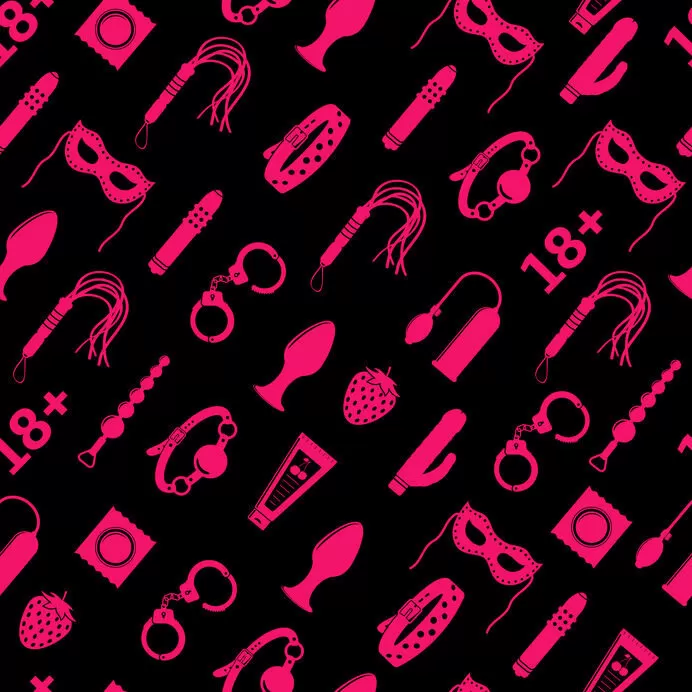Scott Brassart
“Piglet noticed that even though he had a Very Small Heart, it could hold a rather large amount of gratitude.”
— from Winnie the Pooh, by A.A. Milne
As recovering addicts, we can at times struggle with gratitude. We find ourselves focusing on the downside in every situation. We grumble that roses have thorns when we ought to be celebrating the fact that thorns have roses. Some days we actually feel as if we are incapable of gratitude. That, of course, is a lie. To get started, all we must do is look for a few small things to feel grateful for – clean air, a sunny day, someone to talk to, etc.
That said, when we first embark on our process of recovering and healing, our lives are generally in shambles. Our relationships, finances, work life, and even our freedom may be in jeopardy. So it is unsurprising that when our therapist, sponsor, and fellow recovering addicts suggest we use gratitude as a tool for staying sober, we balk. We just can’t seem to find anything to feel grateful for. In such cases, we should start out with one thought and one thought only: I am grateful to be sober at this moment. Then, as suggested above, we can add a few little things that seem minor or maybe even silly.
Over time, with practice, finding things to be grateful for gets easier, and, as a direct result, we are likely to find ourselves feeling happy (or at least less miserable). If you’re struggling to believe this assertion, there is some excellent research to back it up. The amazing Dr. Brené Brown has conducted thousands of in-depth interviews examining the causes and underlying factors of happiness, and through this work she has identified one (and only one) meaningful difference between happy people and unhappy people. That difference? Happy people are grateful for what they have, and unhappy people aren’t.
Dr. Brown’s research also tells us that people who are grateful for what they have tend to focus on their strengths rather than their weaknesses, are more hopeful, are less stressed out, are less likely to wallow in shame and depression, and are more likely to recover from serious life issues (such as addiction and physical illness). So, gratitude is powerful medicine – even for a disease as cunning, baffling, and powerful as addiction.
One gratitude-related issue that many of us have, even those of us with years or even decades of sobriety, is wanting more than our fair share in life. We look around and we see others in and out of recovery with more/better/different, and we find ourselves thinking about what we don’t have instead of being grateful for what we’ve got. At such times, we must remember the words of Greek philosopher Epicurus: “Do not spoil what you have by desiring what you have not; remember that what you now have was once among the things you only hoped for.”
For addicts, of course, this is not a natural way of looking at life. We seem to always want what we don’t have. So, as part of recovery, we must learn that what we have is enough and usually it’s more than enough. We must understand and accept that true happiness occurs when we are able to enjoy the present moment – whatever that moment looks like – instead of ruing the wreckage of our past, fearing the wreckage of our future, and coveting what we don’t have and don’t need.
The simple truth is grateful people are happy people, and vice versa. As addicts, however, we tend to forget this fact. And sometimes, especially in recovery, we are so consumed with depression, anxiety, shame, fear, and the like, that we lose sight of what is going well in our lives and our recovery. The good news is that there is an extremely effective way to combat this ‘stinking thinking’ (the negative thoughts that lead us back into addiction). All we need to do is create a 10-item gratitude list. This simple action will counteract almost any bad mood and trigger toward relapse.
If you’re a person who struggles to create a gratitude list on the spur of the moment, work with your therapist or your sponsor to create a ‘master gratitude list’ that you can carry with you (in printed or digitized form) at all times. Then, when you’re feeling blue, you can pull out that list, read it, and note a few things that you are truly grateful for in that moment. You can also add to your list whenever you have a spontaneous moment of genuine gratitude.
* * * * * * * * * *
If you or someone you care about is struggling with sex or porn addiction, help is available. For porn addicts, Seeking Integrity offers a low-cost online workgroup series. Click HERE for information. We offer a similar workgroup series for sex addicts. Click HERE for information.


 Anal Beads
Anal Beads Anal Vibrators
Anal Vibrators Butt Plugs
Butt Plugs Prostate Massagers
Prostate Massagers
 Alien Dildos
Alien Dildos Realistic Dildos
Realistic Dildos
 Kegel Exercisers & Balls
Kegel Exercisers & Balls Classic Vibrating Eggs
Classic Vibrating Eggs Remote Vibrating Eggs
Remote Vibrating Eggs Vibrating Bullets
Vibrating Bullets
 Bullet Vibrators
Bullet Vibrators Classic Vibrators
Classic Vibrators Clitoral Vibrators
Clitoral Vibrators G-Spot Vibrators
G-Spot Vibrators Massage Wand Vibrators
Massage Wand Vibrators Rabbit Vibrators
Rabbit Vibrators Remote Vibrators
Remote Vibrators
 Pocket Stroker & Pussy Masturbators
Pocket Stroker & Pussy Masturbators Vibrating Masturbators
Vibrating Masturbators
 Cock Rings
Cock Rings Penis Pumps
Penis Pumps
 Wearable Vibrators
Wearable Vibrators Blindfolds, Masks & Gags
Blindfolds, Masks & Gags Bondage Kits
Bondage Kits Bondage Wear & Fetish Clothing
Bondage Wear & Fetish Clothing Restraints & Handcuffs
Restraints & Handcuffs Sex Swings
Sex Swings Ticklers, Paddles & Whips
Ticklers, Paddles & Whips







